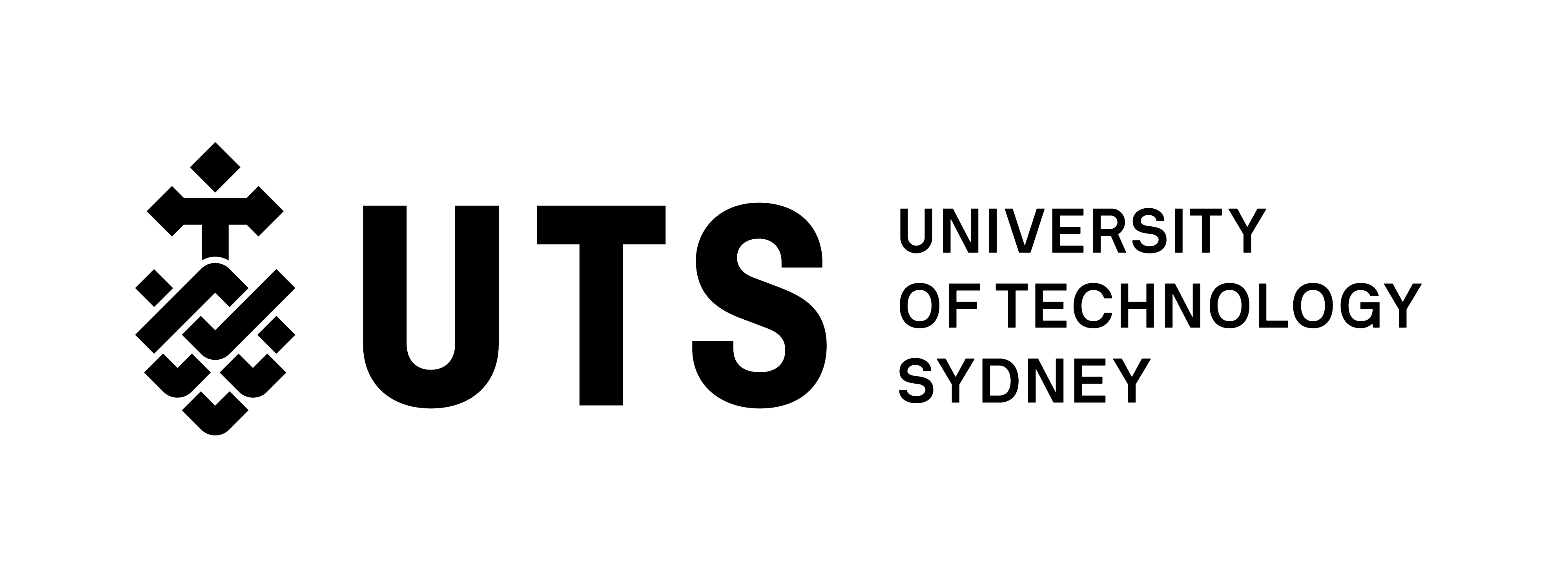
Bachelor of Communication (Writing and Publishing) / Bachelor of Creative Intelligence and Innovation
University of Technology Sydney (UTS)
Course Details
The Bachelor of Communication (Writing and Publishing) Bachelor of Creative Intelligence and Innovation at UTS is tailored for individuals eager to master creative writing and publishing. You will gain practical skills and insights from award-winning authors and industry experts. It stands out for its focus on Australian and global publishing and its emphasis on critical thinking and transferable skills. Additionally, the course equips you with innovative thinking and problem-solving skills, preparing you for the complexities of the modern world. You will develop capabilities in creative intelligence, entrepreneurship, and interdisciplinary collaboration, making you adaptable to change and valuable in various career paths.
Qualification: Bachelor Degree (Pass)
Course structure: Students must complete 240 credit points consisting of 24 credit points of communication core subjects, a 48-credit-point major and potential 48-credit-point second major (subject to application), 24 credit points of cross-disciplinary electives and a 96-credit-point creative intelligence and innovation core. Students who do not meet the requirements to study the second major complete 48 credit points of electives. Students write in diverse forms and genres, and can elect to undertake a professional placement during their course. Within the final year of the Bachelor of Creative Intelligence and Innovation, students can undertake between 6 and 12 credit points of internship (work experience) that relates to innovation within their research, career development, or core degree specialisations. For students undertaking 12 credit points of internship, international internships may be negotiated.
Career options include: editors, publishers, scriptwriters, literary agents, communication coordinators, arts and cultural administrators, copywriters, novelists, feature writers, publications officers, freelance writers, book marketing coordinators. By being creative thinkers, initiators of new ideas, scenario planners, global strategists, open network designers or sustainable futures innovators within their chosen field of study, graduates maximise the potential of their chosen profession, making them highly sought after graduates with the ability to identify and develop solutions to some of the most complex issues that face their disciplines and society.
CRICOS Code: 087781B
Address
City
15 Broadway
ULTIMO, New South Wales, 2007
Attendance options
Full-time - 4 years
Total tuition costs
Enquire
